The electrotechnically instructed person
According to Section 3 (1) of DGUV Regulation 3, all electrical work must be performed by an electrical specialist or under the direction and supervision of an electrical specialist. Thus, even the electrotechnical lay person is allowed to participate in, for example, the installation of electrical systems. However, the use of electrotechnical lay persons is severely limited. This is why there is the electrotechnically instructed person, or EiP for short. As a reminder, the electrical specialist had to be qualified to the extent that theycould “evaluate the work assigned to themand identify potential hazards.”
In the case of the EiP, successful qualification is assumed if he or she has been sufficiently instructed, briefed and, if necessary, trained on the tasks assigned to him or her in general as well as in detail and on the possible hazards in the event of improper action as well as on the necessary protective equipment and protective measures. Seminars for electrotechnically instructed persons are usually offered for one or two days. This involves the basic terminology and potential hazards of electrical engineering. The central point in the use of EiPs is that the respective electrotechnically instructed person may only work under the instruction and supervision of an electrical specialist. The EiP may neither disconnect nor commission systems or equipment. The results of the EiP’s work are to be reviewed by the ES, as the ES is responsible for them.
You can have an EiP wire an entire system according to a circuit diagram if you, as the ES responsible for the work, trust him to do so. However, the system must have been released beforehand and the work of the EiP must be checked and approved by the ES before commissioning.
If you send employees to EiP training courses, however, the certificate does not automatically qualify them as electrotechnically instructed persons.
As always in the selection of employees, your assessment of the assigned tasks will determine who you appoint as EiP in which area. If you want to qualify several employees as EiPs, it may be worth considering an in-house seminar. If you seek external support for this, talk to the qualifier beforehand about the area for which the EiPs are to be used in order to integrate this as extensively as possible already in the training.
For example, the use of EiPs for equipment testing in accordance with § 5 DGUV Regulation 3 is very popular. Please note, however, that you may only work under the direction and supervision of an electrical specialist.
More information on the electrotechnically instructed person and your role in electrical safety can also be found in our new audio book “Die Verantwortliche Elektrofachkraft – CRES-Struktur und betriebliche Elektrosicherheit für Unternehmer, Fach- und Führungskräfte” (Link: https://www.tcs-engineering.de/verantwortliche-elektrofachkraft-schulung/#hoerbuch )


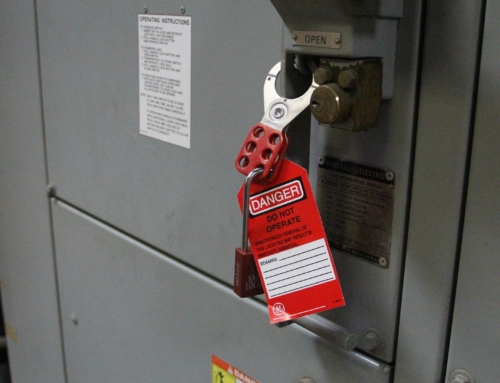


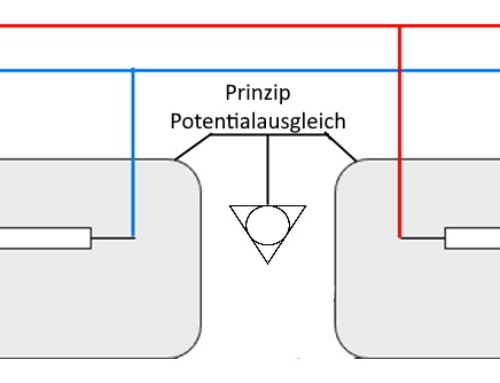
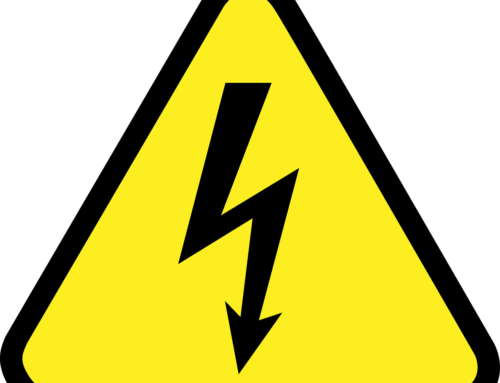

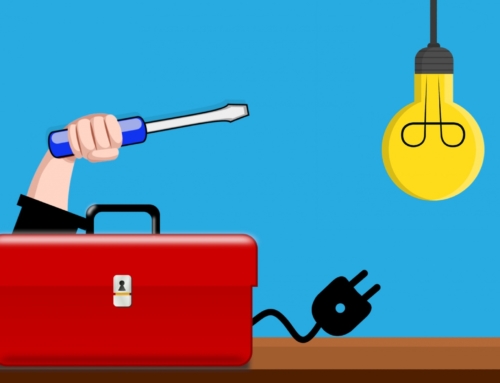
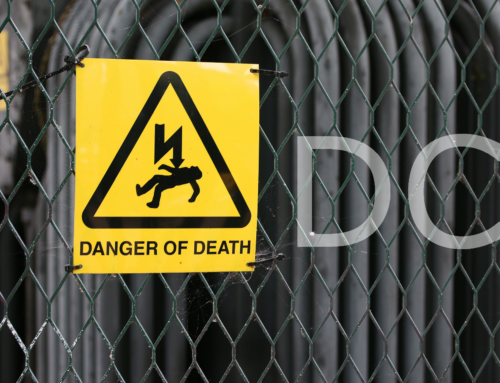
Leave A Comment